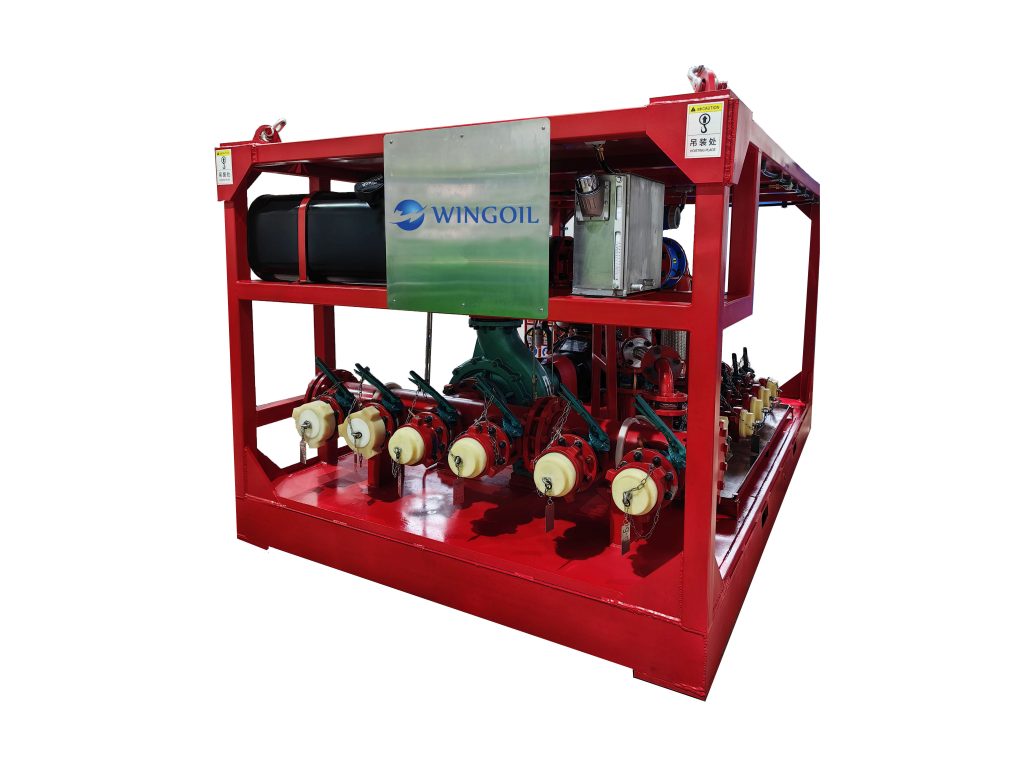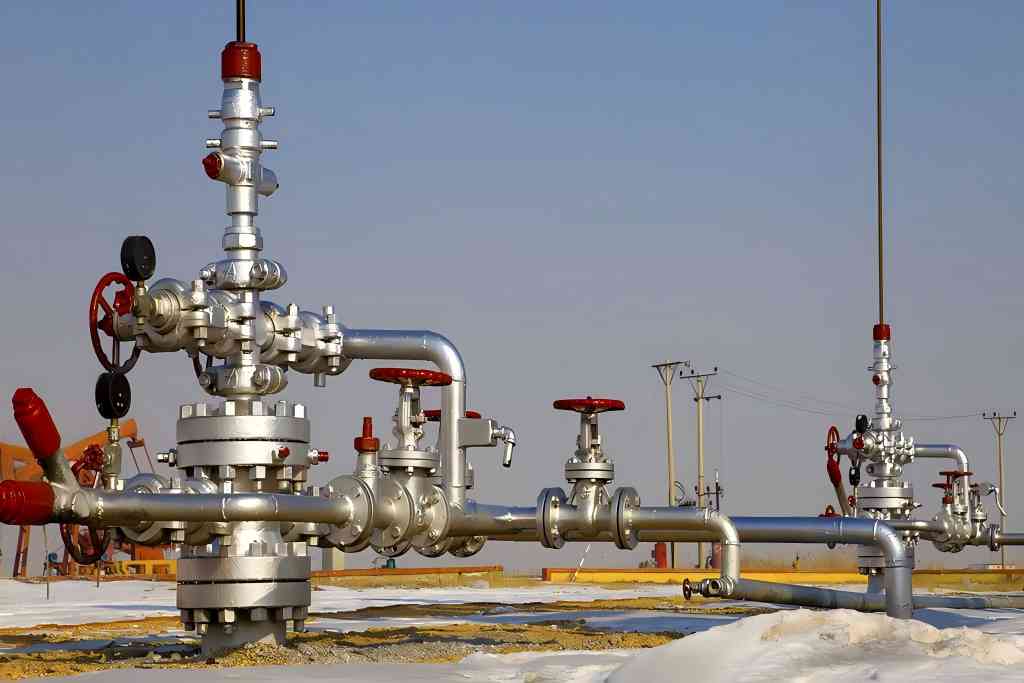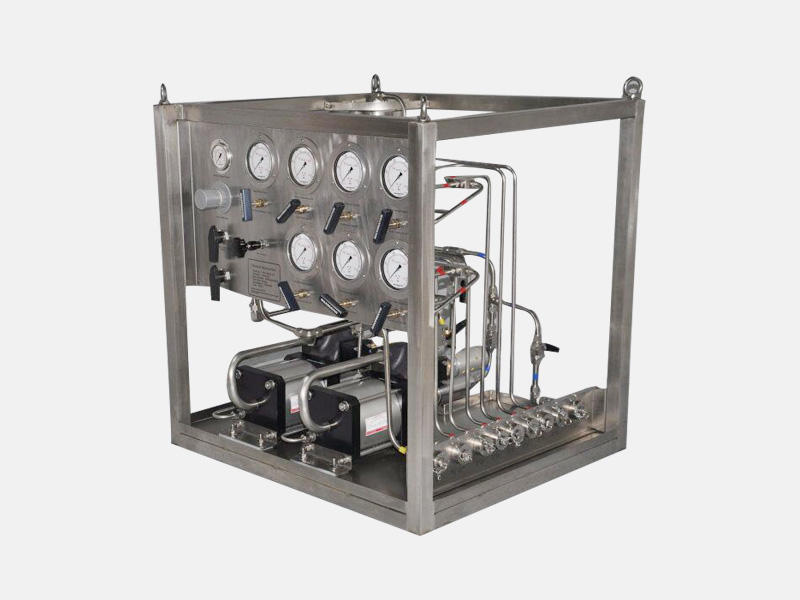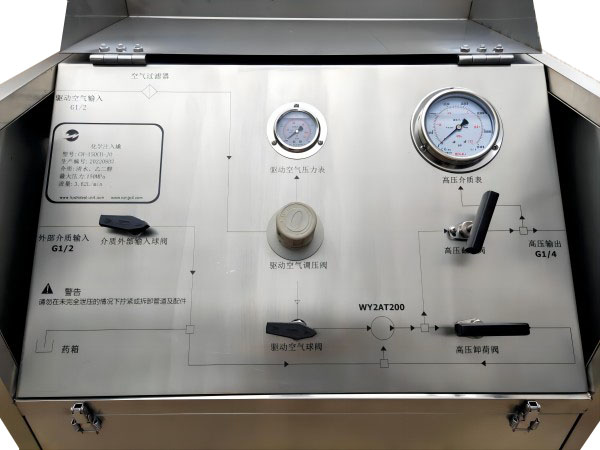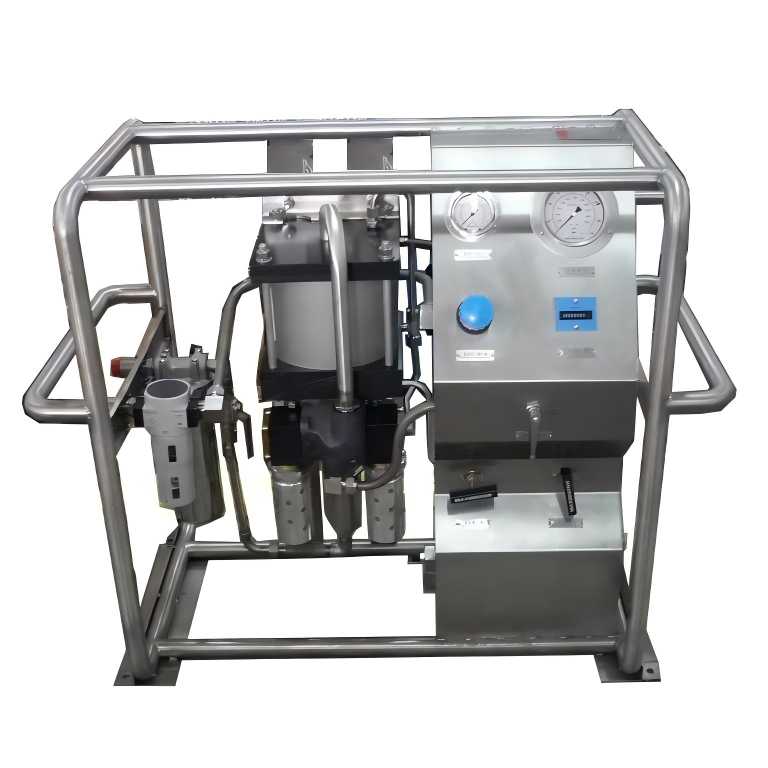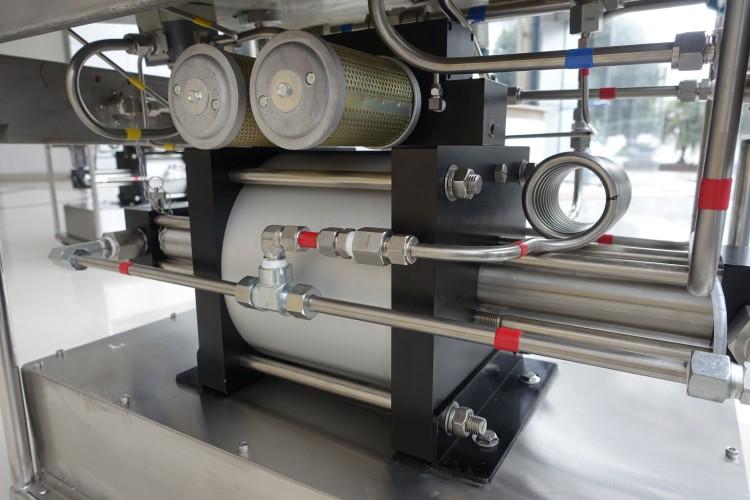Do You Know These 5 Basics About Chemical Injection Pumps?
Systems such as chemical injection pumps are widely used in the oil and gas sector. Although a complex subject, the use of chemical injection pumps is essential for the safe application of chemicals and the efficient operation of oilfield systems. But understanding the various applications, constraints, and environments that affect the overall operating efficiency of these systems is critical.
What are chemical injection pumps?
Chemical injection pumps are made to increase pipeline throughput, and well produced, and prevent corrosion. Depending on the temperature and pressure the injection pump will be operating at, they operate under unique chemical and fluid requirements. Chemical injection pumps ultimately supply predetermined amounts of specified chemicals to the production system. For the safe application of chemicals and the effective operation of oilfield systems, several processes are necessary. Systems like chemical injection pumps are widespread in the oil and gas sector. Solvents, de-salting agents, corrosion inhibitors, biocides, clarifiers, scale inhibitors, hydrate inhibitors, oxygen scavengers, surfactants, and other chemicals are some of the substances employed. Methanol is occasionally used to lessen freezing, which clogs pipes. Although this is a complicated subject, it is crucial to comprehend the various applications, constraints, and circumstances that affect how effectively these systems operate as a whole.
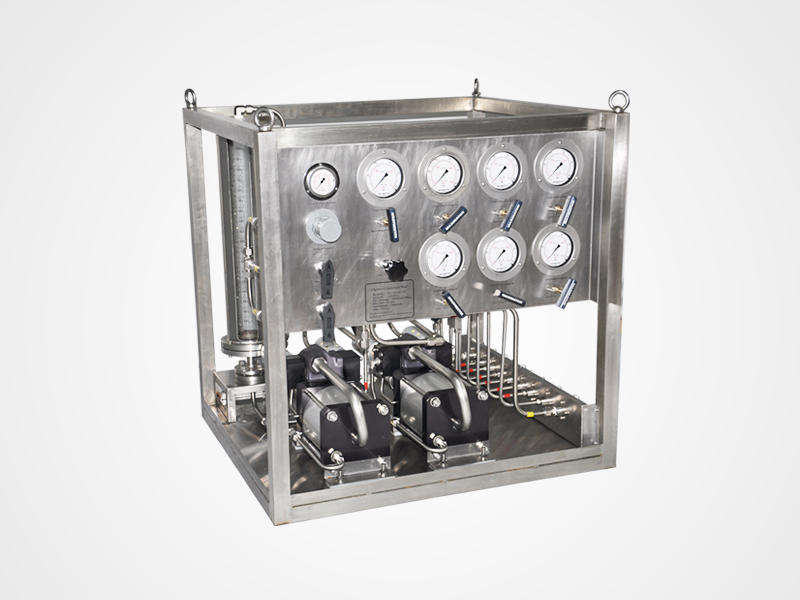
2 types of the chemical injection pump
There are different types of pumps used as chemical injection pumps. Generally, chemical injection pumps are divided into two categories, gas driven or electric-driven.
Electric chemical injection pumps
Despite being powered by a piston and having similar designs, electrical chemical injection pumps have various motors and powers. The operation of piston-driven injection pumps is aided by their ability to stop gas from being vented from the system. Direct Current electric chemical injection pumps were developed in locations without AC, frequently in outlying regions. In terms of price and the environment, they are a fantastic alternative to pneumatic chemical injection pumps.
Pneumatic or gas-driven injection pumps
Gas-powered pumps are also known as pneumatic CIPs, and they can be either piston- or diaphragm-type pumps. Although the mechanisms that drive the chemicals are different, both work in the same way. Chemical pumps with a diaphragm and positive displacement pump: feature a single head and run-on gas pressure. The length of the stroke has a direct impact on how much gas is pumped.
Pumps of the metering kind can be used to inject chemicals as well as water. They enable continuous flow rates to be averaged over time and are capable of operating at high pressures. The best technique to prevent leaks is to use metering diaphragm pumps. Diaphragm pumps are better in the sense that they are accurate with no leaks, resulting in a more efficient pump with a longer product life.
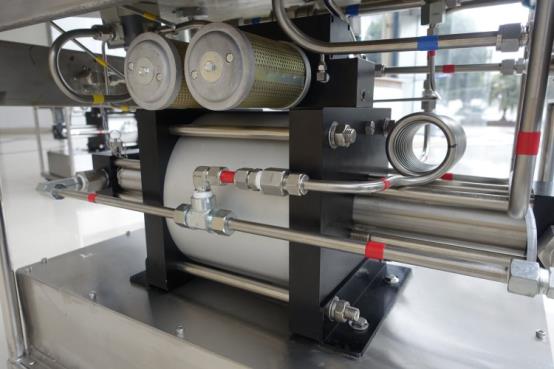
Advantages of implementing chemical injection pumps
- Very accurate
- Simple in design and relatively easy to install, adjust or repair
- Operates under high pressures
- Long pump life
- Increase work safety
- Reduce greenhouse gas emissions, and odors
- Efficient systems will reduce fire hazards as well
Applications of Chemical Injection Pumps
- Agriculture
- Chemical manufacturing and processing
- Oil & gas production
- Cryogenics
- Automotive
- Pulp and paper manufacturing
- Food processing
- Semiconductors
Chemical Injection Pumps Maintenance
High levels of inspection and monitoring are needed, just like with any other process in the production of oil and gas. Operators should monitor and document all activity to operate and maintain chemical injection systems effectively. The number of chemical injection pumps utilized, statistics for the various types of chemical injection pumps, fuel and gas consumption levels, any changes or upgrades made, and MSDS data sheets for all chemicals being used are the most crucial information to keep track of.
The pump’s stroke and diameter can be increased to reduce the frequency and maximize optimization. To use fuels as little as possible, pump injection rate and injection pressure should also be carefully measured. Keep in mind that different types of pumps will result in varied chemical consumption rates.
WINGOIL Manufacturing Chemical Injection Pumps
Due to the harsh environments, they can be used in, all WINGOIL pumps are built with chemically resistant materials. Although the method of operation varies, some pumps are manually driven, while others are powered by an electric motor, compressed field gas, or air. Depending on the volume of chemicals and the type of pump, different chemical entry rates apply. View our range of Chemical Injection Pumps and Accessories on our website.
If you have any questions, comments, or concerns, please don’t hesitate to phone us or send us an email. Our customer care specialists will be happy to help.
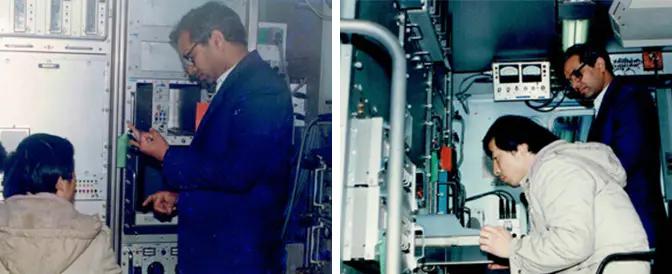
About WINGOIL
WINGOIL is a professional high-pressure equipment manufacturer and a flow control solution provider in the oil & gas industry.
In addition to offering a comprehensive range of professional services, we produce and distribute specialized equipment for oil and gas exploration and production. We carry the highest quality line of Chemical Injection Systems thanks to our years of experience in equipment R&D, manufacture, and technical solutions.
To keep your systems functioning at their best, we also provide the best maintenance strategies and practices. Give Plainsman Manufacturing a call right away to speak with an expert about chemical injection pumps.

